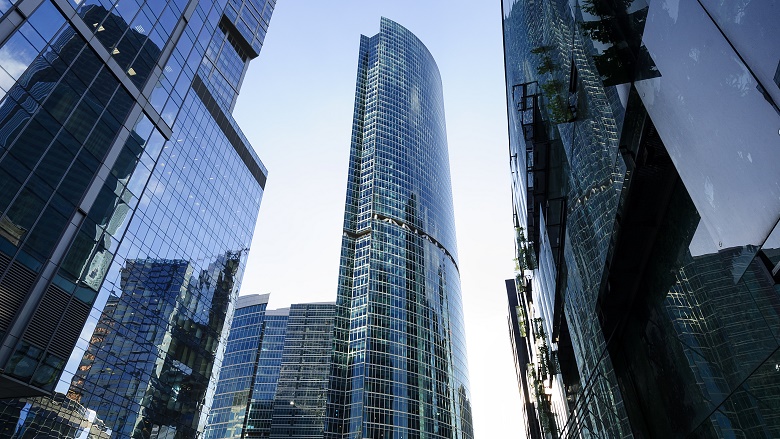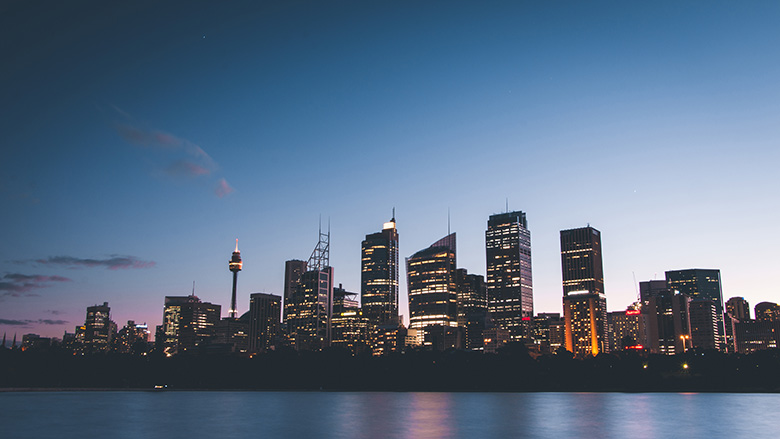“It is crystal clear from the decision that the hurdle to reverse the taper was incredibly high. It may be the case that the RBA viewed a reversal of the taper as a ‘step backwards’. Put another way, the RBA preferred to extend the timeframe of bond buying rather than scale up from what was already announced.
“In that context it looks like the RBA’s ‘flexibility’ in the bond buying program is now heavily skewed towards the flexibility to scale down purchases rather than scale up. One way ‘flexibility’ means policy ‘inflexibility’. That all said, given the impact of buying bonds at a rate of $A4bn per week vs $A5bn is negligible we are not overly critical of the decision.”
Mr Aird went on to note that the RBA Board’s expectation that the economy will be back around its pre Delta path in the second half of next year was ‘optimistic’.
“Our working assumption is that the economy will not have clear air from COVID-19 until the middle of next year, which means that we are unlikely to find ourselves on the pre-Delta path until later in 2022. From that point we expect the economy to be firing well and very strong outcomes are likely,” Mr Aird wrote.
Last week, when commenting on the latest GDP figures, Mr Aird said the Delta variant had, unfortunately, changed everything.
“Our view is GDP will post a big contraction of 4.5 per cent over Q3 21 - given more than half of the Australian population are in lockdown – and it looks likely that lockdowns will continue into Q4 21. We think that NSW will not exit the lockdown in any material sense until the 80 per cent vaccination threshold has been met (November). And the daily number of new COVID cases in Victoria means that residents of Australia’s second largest state appear consigned to the same fate as NSW. This means that Victoria is also likely to be in lockdown until the middle of the December quarter.
“The Australian economy will therefore only partially rebound in Q4 21 and we have forecast a rebound of 2.25 per cent,” Mr Aird wrote.




